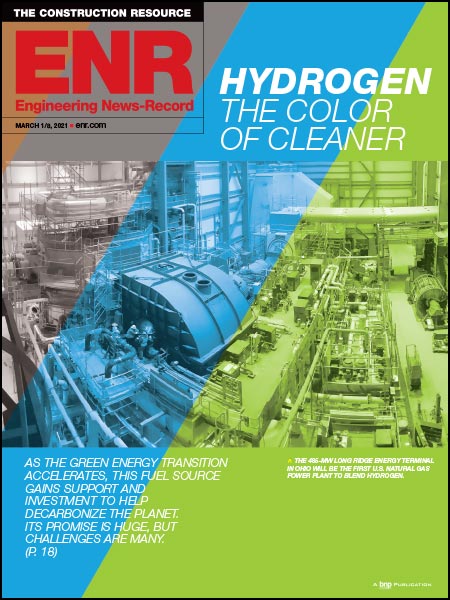“The basic upshot was: If your truck was going to be out of service for more than a predefined amount of time for repairs, the truck OEM or engine supplier would compensate you,” says Steve Tam, vice president of trucking consultant ACT Research Co. LLC.
Looking to monetize telematics to help recoup the added costs of clean-diesel technology, manufacturers are finding new ways to bundle fleet services with machine sales. Two years ago, Case Construction Equipment took the approach of offering Case ProCare, a service suite that includes a three-year advanced telematics subscription, warranty and maintenance contract rolled into one package. The company now is looking at rolling out a second-generation bundle, says a Case spokesman.
Most recently, John Deere on July 7 expanded the base subscription for its JDLink Ultimate telematics service to five years from three for production-class machinery.
Aside from the manufacturer, contractors can lean on others to track fuel use, such as operators. Newer machines can curb wasted horsepower through eco modes and reduce idle time using engine stop/start, but those functions serve little purpose if operators bypass them.
“Operator training is probably the key component,” Pirtle explains. “It’s like the third leg of the stool. Whether through incidents, accidents or the economies of operating equipment, if a machine is operated improperly versus properly, the savings over the lifetime of the machine is probably several hundred thousand dollars.”
Foster agrees, noting that Volvo’s fuel-efficiency program has helped customers identify training gaps. A very high production quarry operation once generated a significant payout—in the low five figures. After reviewing telematics data with the customer and dealer, Volvo helped train the operator, and the next payout was zero even though it was the “same operator, same work environment and same application,” says Foster.
Fleet managers caution that current telematics systems still have much room for improvement in terms of parsing out idle time and other waste against pure productivity. However, Pirtle believes the data eventually “will guide us into a whole new era” of fuel economy.







